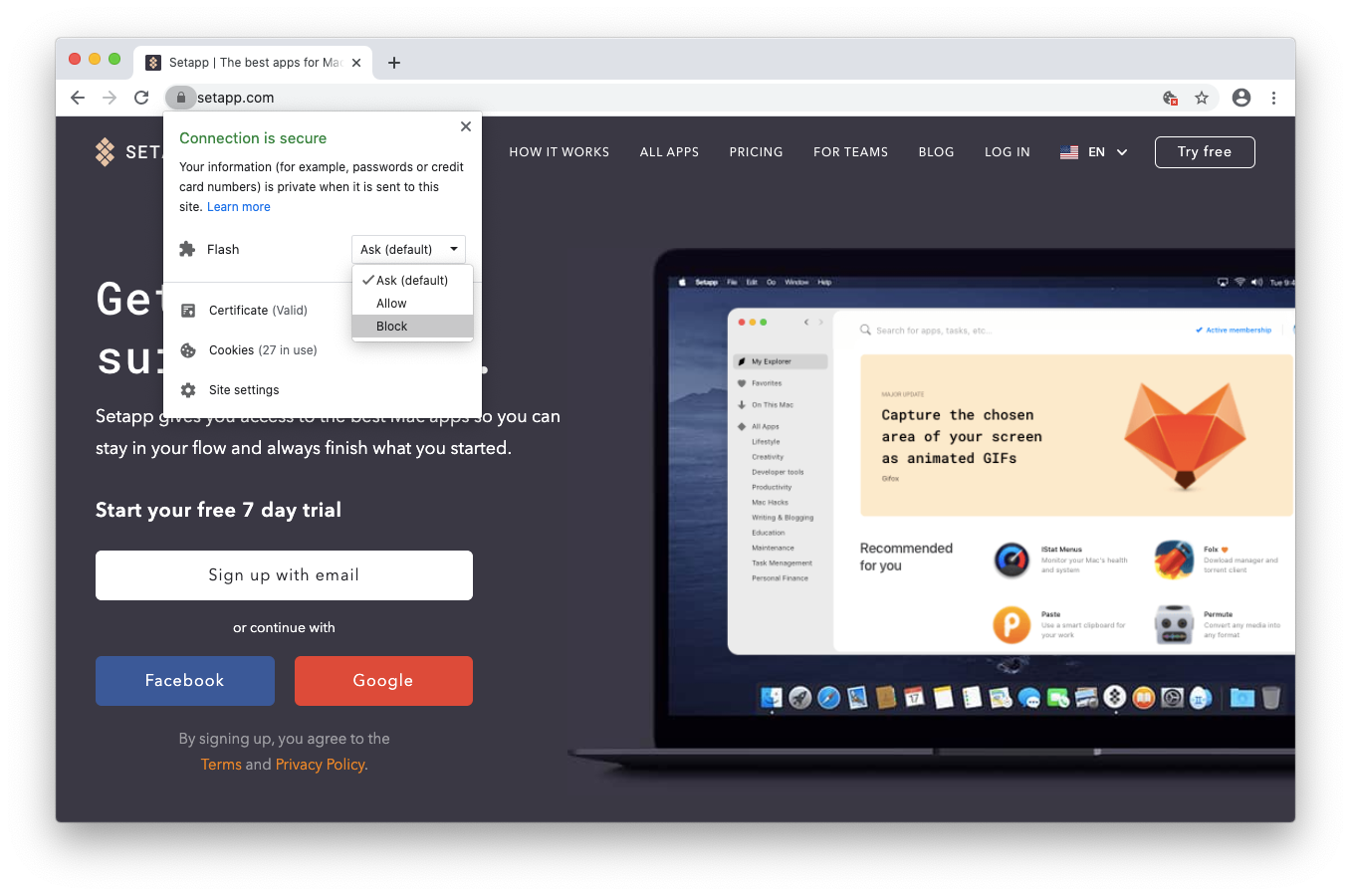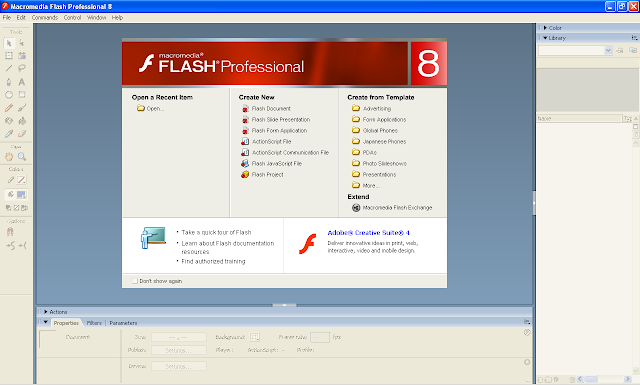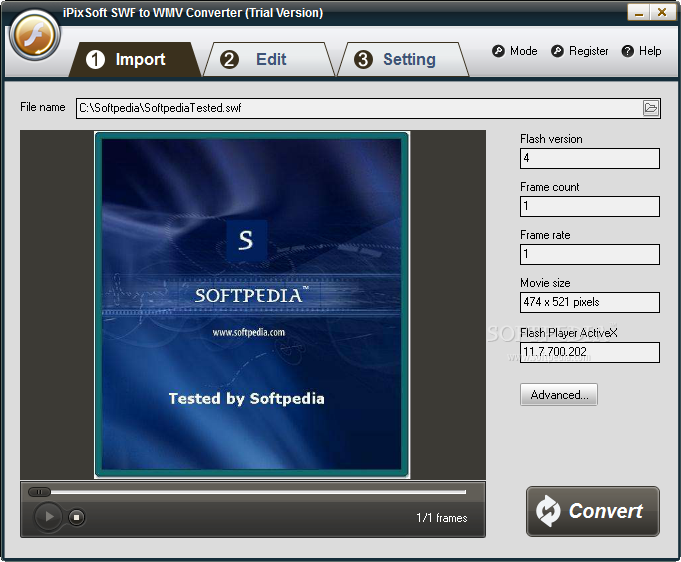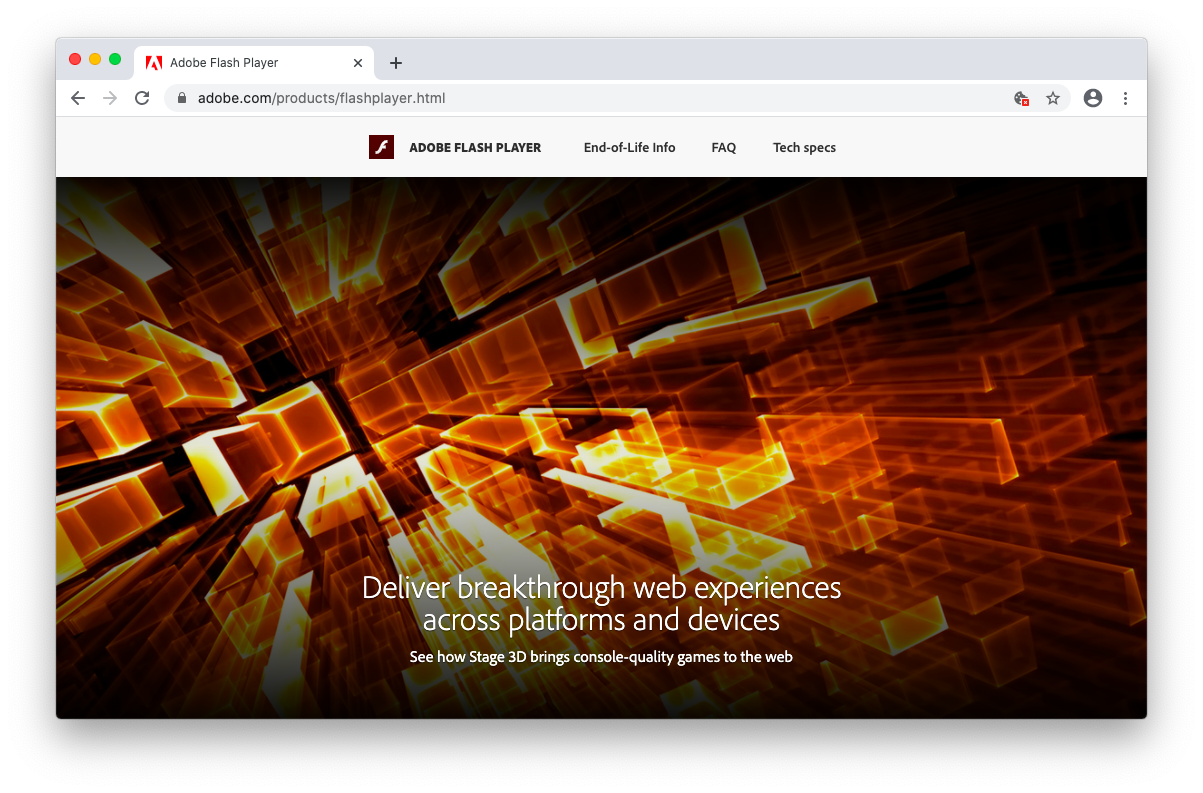


We've tried it on multiple machines, so we can confirm that Adobe Flash Player Uninstaller works on all Windows versions and it is able to remove the package for all browsers.

Simple, easy and quite pleasant, and the whole removal thing has been reduced to simply hitting the Uninstall process. The interface is the same we've seen when installing Adobe's Flash Player. Plus, you may copy it on any USB flash drive or other devices and take it with your whenever you need to remove all traces of Flash Player from your system. The tool doesn't leave any traces in the Windows registry. There's no installation procedure, which is just great, since the sole purpose of the application is to help you in your attempt to get rid of a buggy Flash Player. This lightweight utility does exactly what its name suggests: it helps you erase all traces of Flash Player from your computer, so that you can install a new copy that should fix the issues. To help you properly dispose of it, there is a simple tool you can use: Adobe Flash Player Uninstaller. Its popularity has waned in recent years as more in the online video industry turn to HTML5, a developing language that can run graphics without plug-ins.In case Flash Player crashes every time you attempt to load a website, it blocks the browser or it simply becomes unresponsive, it's time you uninstalled it and dropped in a fresh copy.

Once the de facto standard for websites to run games, stream video and deliver animation over browser software, Flash Player has fallen out of favor with many tech companies and organizations, which deride the plug-in as a battery hog and security vulnerability. "Google's decision is part of this industrywide evolution that Adobe is heavily invested in." "We work closely with Mozilla, Microsoft, Facebook and others to facilitate the adoption of these open standards," Adobe said in a statement. Google said it will begin to de-emphasize Flash in September with the release of Chrome 53, which will begin blocking the plug-in.Īdobe responded to the move by reiterating that it believes HTML5 is the web platform of the future. "You'll see an improvement in responsiveness and efficiency for many sites." "HTML5 is much lighter and faster, and publishers are switching over to speed up page loading and save you more battery life," Anthony LaForge, curator of Flash in Chrome, wrote in a blog post.


 0 kommentar(er)
0 kommentar(er)
